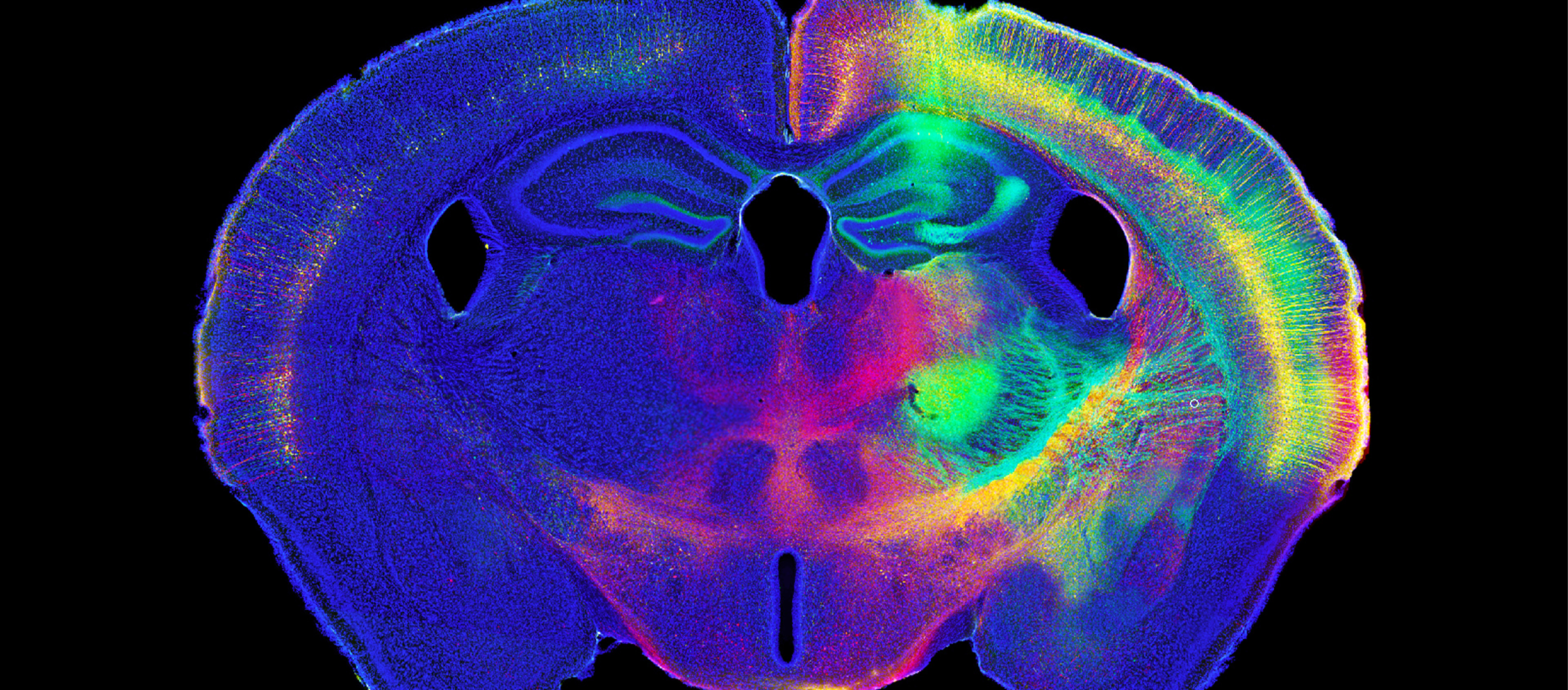Thirty-six high school students passionate about neuroscience will be competing at the 4th annual Vermont Brain Bee on February 9th, 2013 at the University of Vermont College of Medicine. Participants will be asked questions about a wide variety of topics: anatomy and development, learning and memory, stress, types of research, neurogenerative disorders, etc. They will also get the opportunity to engage in neuroscience activities and...
Read More
MBF Bioscience Blog
If a head gets hit hard enough, the trauma occurs instantly. Neurons die, the brain swells as microglia cells rush to the damaged area, and the protective armor known as the blood brain barrier might even rupture. But it doesn't end there. Long term effects include cognitive impairment, loss of sensory processing, and susceptibility to neurodegenerative diseases like Alzheimer's. Researchers at the University of South Florida say...
Read MoreNo two neurons are exactly alike. Structure dictates function, so for scientists to fully understand the way different types of neurons work, they must first get to know their forms. Scientists at the Institute for Neuroscience and Medicine at the Research Center Jülich in Jülich, Germany use Neurolucida to perform neuron reconstruction, the most effective method for studying neuron morphology. In their paper “Improved biocytin labeling and...
Read MoreThere is very little known about Huntington’s disease (HD), a fatal neurodegenerative disease leading to total physical and mental decline that affects 30,000 Americans today. Researchers have been developing transgenic mouse models to mimic human HD. A new model, the zQ175 knock-in, developed by Menalled et al. (2012) appears to more closely mimic human HD progression in the zQ175 KI than previous mouse models. A recently published...
Read MoreNeurotrophic factors may be the key to the cure for Parkinson’s, Huntington's, Alzheimer's, and other neurodegenerative disorders. Scientists have known this for over twenty years. But the question continues to loom – how does one safely and effectively deliver the neurotrophic factors to the damaged neurons? Dr. Raymond Bartus and his team at Ceregene, a biotechnology company in San Diego, have developed an innovative approach...
Read MoreDr. Erich Jarvis spends a lot of time with songbirds. At his Duke University lab, Jarvis, a Stereo Investigator user, studies the neurobiology of vocal communication. Since his feathered friends learn song much like humans learn speech, they're a favorite model. But Dr. Jarvis says mice sing too, and new research says they can learn new tunes. “We investigated the mouse song system and discovered that it...
Read MoreSome children raised in orphanages grow up to develop social disorders, and there's not all that much modern medicine can do about it. But scientists at Harvard Medical School are working on gaining a better understanding of how early isolation affects a developing brain. Their research gives new insight into the mechanisms at play, and indicates that timing and healthy myelination are crucial. “Social isolation from...
Read MoreCommonly used as a human anaesthetic and animal tranquilizer, the experimental drug ketamine became famous in the last two decades as a hallucinatory club drug known as “Special K.” Now, researchers at Yale University say the drug is beneficial in treating depression by increasing synaptic connections in parts of the brain that regulate mood and cognition. Dr. Ronald Duman, who uses Stereo Investigator and Neurolucida at...
Read MoreA baby cries and her mother's maternal instincts kick in. She picks her baby up, rocks her, feeds her. Changes in a new mother's brain compel her to act in ways that ensure her baby's survival. Researchers at the Hebrew University of Jerusalem are working on learning more about those changes. Their recent focus is on the olfactory bulb – a region of the brain...
Read MoreMBF Bioscience was featured in an episode of Emerging Science, a television series that features Vermont scientists who expand human knowledge and help solve problems around the world. The episode explored the link between traumatic brain injury and post traumatic stress disorder in military personnel coming back from war. MBF Bioscience President Jack Glaser and Staff Scientist Susan Hendricks give us some perspective from a research standpoint...
Read More










